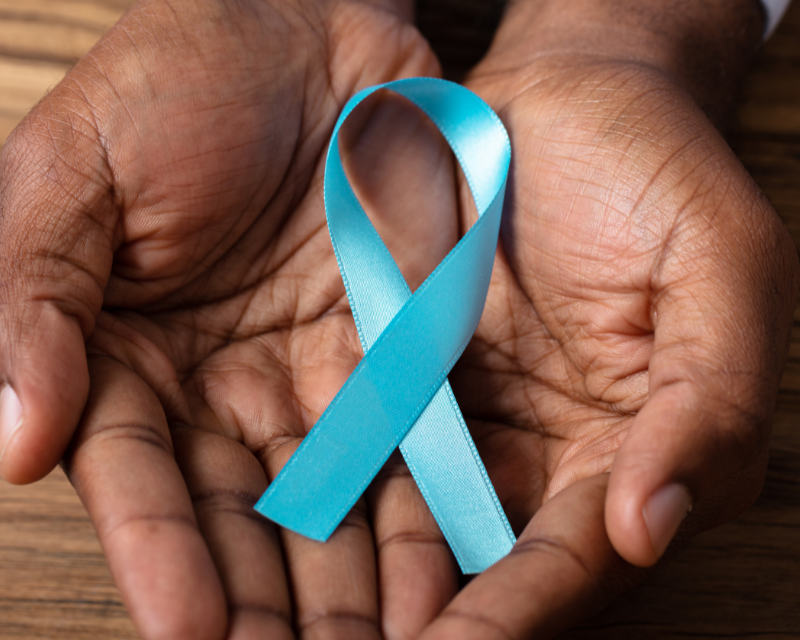
A year ago this month, we posted about the Global Modern Slavery Directory, Polaris’s online, publicly accessible database of organizations from around the world that work on the issue of human trafficking, exploitation, and forced labor. Now, at 2400 organizations in 178 countries, the Directory is larger than ever and continues to grow.
In our last post, we shared the benefits of the tool, exploring how anyone, including NGO workers, hotline staff, survivors, and community members, can use the Directory to learn about local organizations in any country working on the issue of trafficking and serving victims and survivors.
In 2015 and 2016, the National Human Trafficking Hotline, operated by Polaris, used the Global Modern Slavery Directory to identify referrals and resources for the 568 international cases of trafficking reported to the Hotline. In these cases, Hotline Advocates were able to use the Directory to connect potential victims to anti-trafficking organizations in the countries they were calling from that understand the local context and resources. In some cases where the individuals reached out for help from trafficking situations, the local organizations were able to help these individuals leave exploitative situations.
A big part of why the Global Modern Slavery Directory is successful and continues to grow is because we partner and collaborate with anti-trafficking organizations from all over the world. In our most exciting collaboration yet, Polaris was thrilled to announce last week that we launched a partnership between the Global Modern Slavery Directory and Liberty Asia’s Freedom Collaborative.
Collaborating with Freedom Collaborative
Liberty Asia is an anti-human trafficking organization that focuses on technological interventions and strategic collaborations with NGOs, corporations, and financial institutions in Southeast Asia. In 2016, Liberty Asia launched Freedom Collaborative — an online, community-based platform offering a newsfeed regularly updated by users, a global community of organizations, access to research, and legal resources for anti-trafficking stakeholders. The goal of Freedom Collaborative is to bring stakeholders from around the world together in order to end human trafficking.
Over the past two years, Polaris and Liberty Asia have each individually spent a significant amount of time mapping out the global anti-trafficking field, and reaching out and collecting information from local anti-trafficking organizations and service providers in numerous countries.
Each platform serves a unique purpose in the anti-trafficking field. The Global Modern Slavery Directory is a public-facing map of resources, while Freedom Collaborative is a password-protected networking platform for stakeholders. We came together because we wanted to figure out a way to avoid duplicating efforts and so that we could be more strategic in our use of resources in an under-resourced field.
With these goals in mind, the Global Modern Slavery Directory and Freedom Collaborative have started sharing basic information about the anti-human trafficking organizations that join each platform. Additionally, the organizations in each platform are now searchable on both websites.
This collaboration will benefit the anti-trafficking field and victims and survivors of trafficking by allowing Polaris and Liberty Asia to more efficiently use resources to map out the global anti-trafficking field, aid users of both platforms in identifying new partners and resources, and increase the effectiveness of the community’s work to fight against exploitation, slavery, and trafficking.
As a member of the anti-trafficking community – whether you work on the issue directly or are a concerned citizen – you now have access to a tool that is twice as powerful with twice the information. This also means that funds raised for the Global Modern Slavery Directory project now go twice as far.
Most importantly, this partnership means that the global safety net for victims and survivors is even bigger and will continue to grow at a faster rate than it ever has before. By working together and unifying our efforts, we are one step closer to ensuring that every victim of trafficking can reach out for help if they want it, no matter where they are in the world.
Photo credit: Flickr / charlotte rose


